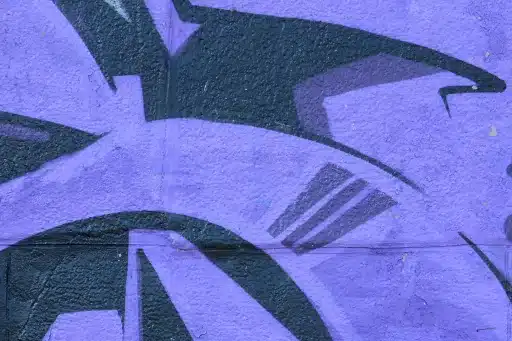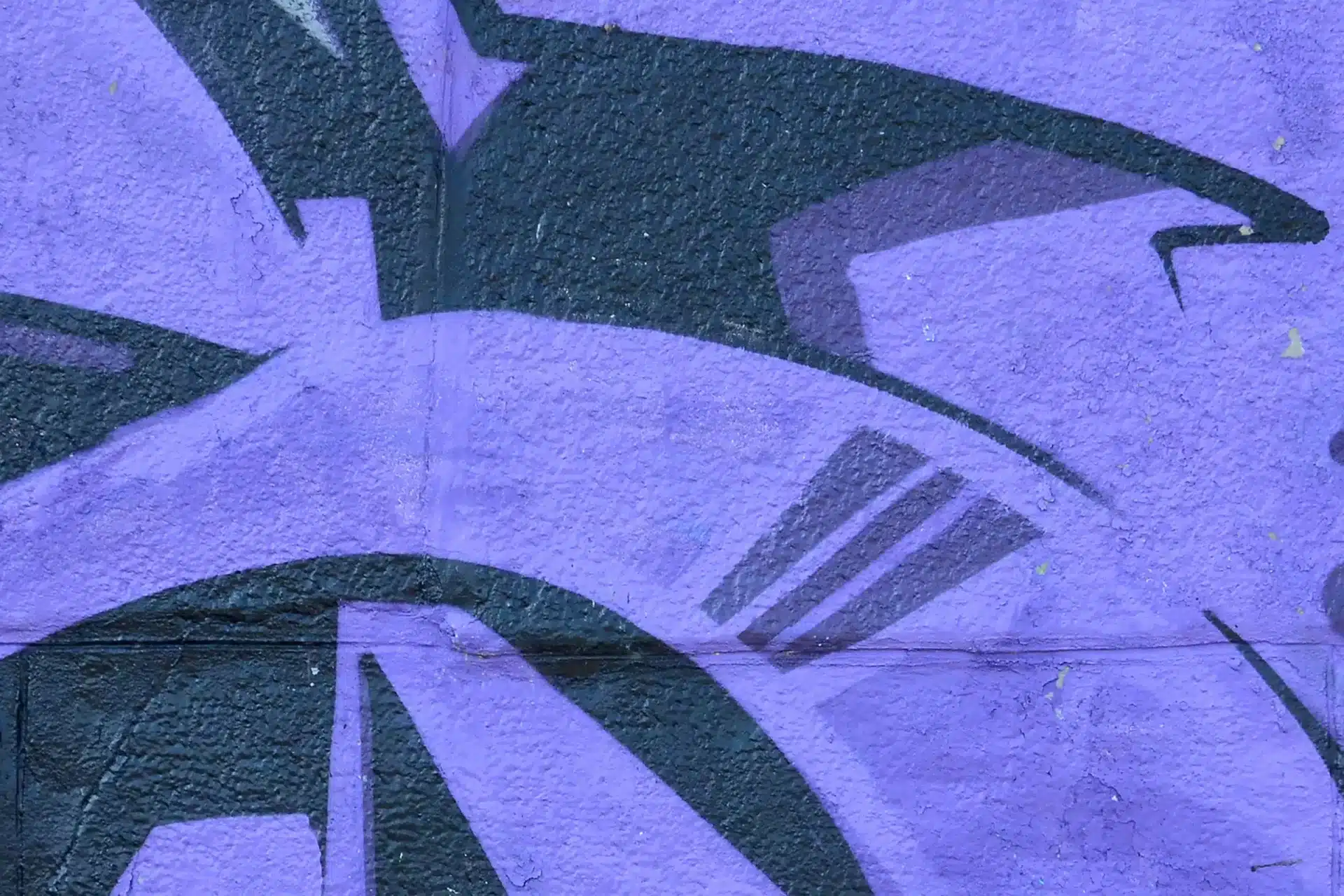Introduction
Language is a dynamic and powerful vessel of culture, and Black slang is a prime example of this evolution. Emerging from African American Vernacular English (AAVE), this unique form of communication is a rich tapestry of expression, creativity, and cultural heritage. In this article, we’ll explore the roots, features, examples, and social significance of Black slang.
The Roots of Black Slang
Black slang, as a subset of AAVE, has its origins in the complex history of African Americans. Its development can be traced back to:
- Slave Narratives: Language styles formed during slavery, where African enslaved people communicated through a blend of African languages and English.
- Jim Crow Era: Segregation fostered the creation of distinctive cultural expressions as African Americans sought to unify their identities.
- Civil Rights Movement: Terminology used during this era reflected the struggles and aspirations of African Americans.
Distinct Features of Black Slang
Black slang is known for its phonetically rich and unconventional grammar structure, which can be strikingly different from Standard English. Here are some key features:
- Emphasis on Rhythm: Many Black slang terms are delivered in a cadence that echoes musical influences, such as hip-hop and jazz.
- Innovative Vocabulary: Words and phrases often take on new meanings or entirely new forms, such as “lit,” “dope,” and “bae.”
- Code Switching: Many speakers fluidly switch between dialects, using slang in specific social contexts while adhering to Standard English in others.
Examples of Black Slang
Black slang frequently evolves, resulting in a continually changing lexicon. Here are a few popular examples:
- Lit: Used to describe a situation that is exciting or excellent.
- Shade: To subtly insult or criticize someone.
- No cap: To convey seriousness or honesty (i.e., “I’m not lying”).
- Flex: To show off or boast.
Case Studies: The Influence of Black Slang
Black slang has permeated various aspects of culture, particularly through the realms of music, film, and social media. Here are two illustrative case studies:
1. Music and Hip-Hop
Hip-hop is undoubtedly one of the most significant cultural exports of Black America, and its influence on language is profound. Many words and phrases originating in the hip-hop scene have entered mainstream vernacular. With artists like Kendrick Lamar and Nicki Minaj leading the charge, terms such as “lit” and “woke” have transcended their origins to become widely recognized.
2. Social Media Trends
Platforms like Twitter and TikTok have accelerated the adoption of Black slang, allowing it to reach global audiences. Viral trends often rely on catchy phrases or clever expressions that resonate with young people, further embedding Black linguistic culture within mainstream usage.
The Impact of Black Slang on Education and Employment
Despite its cultural significance, the integration of Black slang into educational and professional settings can be contentious. Many educators and employers may not recognize the value of Black slang, leading to misconceptions:
- Language Discrimination: Individuals may be judged negatively for using Black slang, impacting their opportunities.
- Code-Switching Pressure: Many African Americans feel the need to adjust their speech in formal settings for fear of bias.
Statistics show that there is a growing, albeit slow, recognition of the value of different dialects and forms of communication. According to a survey by Pew Research, 47% of African Americans feel that AAVE helps define their cultural identity.
Conclusion
Black slang is more than just a collection of words; it is a reflection of history, culture, and identity. Understanding its nuances enriches our appreciation of linguistic diversity and highlights the need for respect and recognition of all forms of communication. Promoting awareness about Black slang can pave the way for greater acceptance and inclusion in various facets of life.


